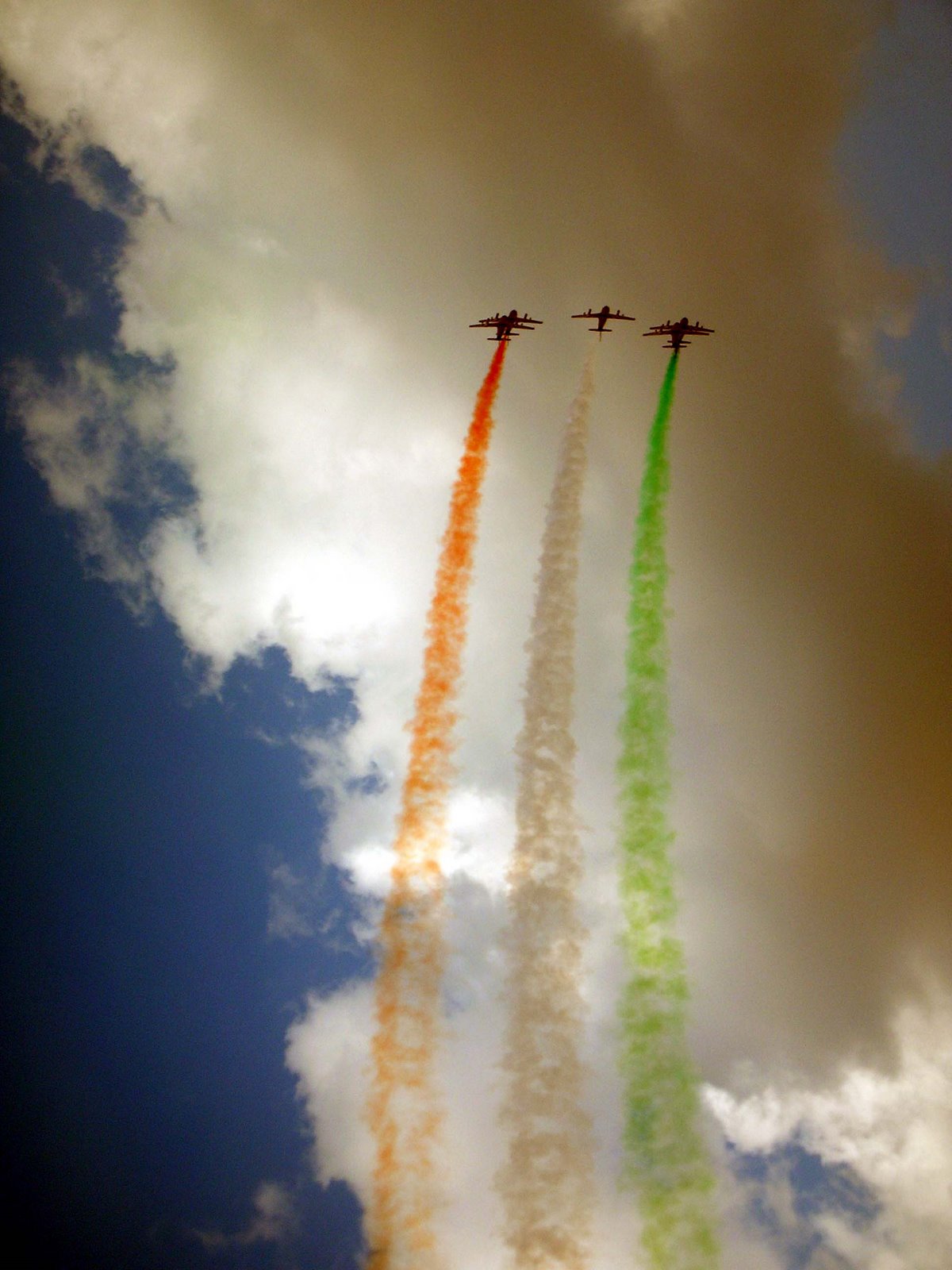ReDADancy
Unabridged Version:
When asked "Where is the mother?” I effortlessly refer to myself as a single Dad, when inquired of my personal circumstances. However, when I am required to pigeon-hole the perspectives and opinions of a single Dad - as opposed to a single Mum or, a good ol' run-of-the-mill Dad - there begins a churning within my head to identify the factors that create the difference - the separateness.
I have been blessed with experiencing a unique learning curve of being run-of-the-mill Dad, then 'born again bachelor and then single Dad!
Did I do things differently when I was an ordinary Dad from what I do now? The answer is NO.
Let me explain....
One of my earliest film watching memories as a child was "BORN FREE”, the true story of an orphaned lioness, brought up in captivity that is eventually taught survival skills and later released in the wild.
Like any mother, Joy Adamson, the 'mother' of Elsa the lioness found it excruciatingly difficult - almost impossible - to release her 'child' into the wild, to watch her lioness Elsa be mauled by other wildlife on every occasion she learned to hunt. However, she remained constant in her endeavour - perhaps easier with a lioness than a one's own child. Eventually, Elsa was successfully returned to the wild and even bore a litter!
Thereafter, I have watched hundreds of wildlife documentaries on every conceivable species and the recurring constant, is the fact that in almost every species -except man- the young have to fend for themselves, within a few weeks after birth.
As a documentary filmmaker I've been bestowed with an abundance of rich, unique experiences. While traversing the length and breadth of the country over the last two decades, I have travelled over 1.5 lakh kilometres by road providing me endless opportunities to watch children grow up, along
I've had my heart in my mouth watching toddlers cross national highways with streetwise confidence against a relentless onslaught of TATA trucks, while their mothers are washing clothes or, fetching water. Protecting their young is a luxury the poor cannot afford. Perfecting their survival skills is a more affordable option.
However, one particular experience embedded a deep imprint. It was a typical monsoon day in the Garo Hills, Meghalaya. I was filming a documentary on rice. Towards late morning, the heavens unleashed torrents. While I sought protection for equipment and self from the elements in the veranda of a hut, I noticed a boy - probably two years old - without a stitch of clothing, having the time of his life in the rain. In the veranda opposite his grandma smoked a cheroot while she knitted. The rain was incessant and some half hour later, the lad got tired and repaired to the warmth of his grandmother's lap, who then wiped him down. He then played in the veranda she continued knitting and the rain continued.
I remember telling my director who was a single female - with decades of experience as a child psychologist, working amongst street children - that probably no urban parent anywhere in the world would allow such a situation to occur.
The above anecdotes formed important milestones in evolving my parenting philosophy that I call 'parental redundancy'.
The premise being, the earlier you develop the survival skills, the sooner your child will be up and running. Unlike other species it takes six years rather than six weeks for humans to whet their survival skills but it eventually rewards a parent with both the mental and physical time and space for personal enrichment and development, as your young grow.
What are survival skills in the twenty-first century? It starts with literally being street-wise and learning to cross roads, cycling through traffic but it also includes managing time, managing peer pressure and managing performance pressure.
Almost every child wants or has a beyblade, Barbie doll or play station. Survival skills is when your child derives immense pleasure from the skills of tying a reef knot, spin a two rupee top and make a catapult or doll out of paper, when there is no access to beylade or, Barbie doll.
Eventually, we have to release our children into concrete jungles where they have to be prepared to be mauled by competition and failure. So, it is more important they fall and be enriched by the experience of getting hurt - which makes them more cautious - than parents spending infinite amount of time and energy in preventing your offspring from getting hurt.
A decade later, I follow faithfully the same parenting principles that find me doing nothing differently as a Dad - between my two phases of fatherhood. I’ve progressed towards redundancy, with my sons pleased to have me on their radar but out of their hair! It also affords me the time to write; to share my opinions and perspectives!
So, what makes being a single Dad different? It’s akin to flying a Boeing 747 on two engines instead of four. Two engines are the father inculcating skills of the hunter-gatherer in his young. The other two engines are called the mother that human young enjoy using as emotional foot-mats.
In the absence of that facility, a single Dad has to awaken the feminine in him, to fulfil that emotional role. The bread-winner, hunter-gatherer has also to be care-giver. A bear hug in the morning, a nose rub at bed time and wiping away the tears goes a very long way.
That’s DAD!
Ranjan Kamath


Comments